Understanding Chemical Bonding Formulas and Equations
This file provides detailed insights into chemical bonding, including types of bonds, energy changes, and Lewis dot structures. It serves as an educational resource for students and professionals in the field of chemistry. Enhance your understanding of bonding through clear explanations and examples.
Edit, Download, and Sign the Understanding Chemical Bonding Formulas and Equations
Form
eSign
Add Annotation
Share Form
How do I fill this out?
To fill out this form, begin by reviewing the bonding principles presented. Carefully provide your answers based on the reactions and scenarios outlined. Ensure all diagrams are labeled appropriately for clarity.
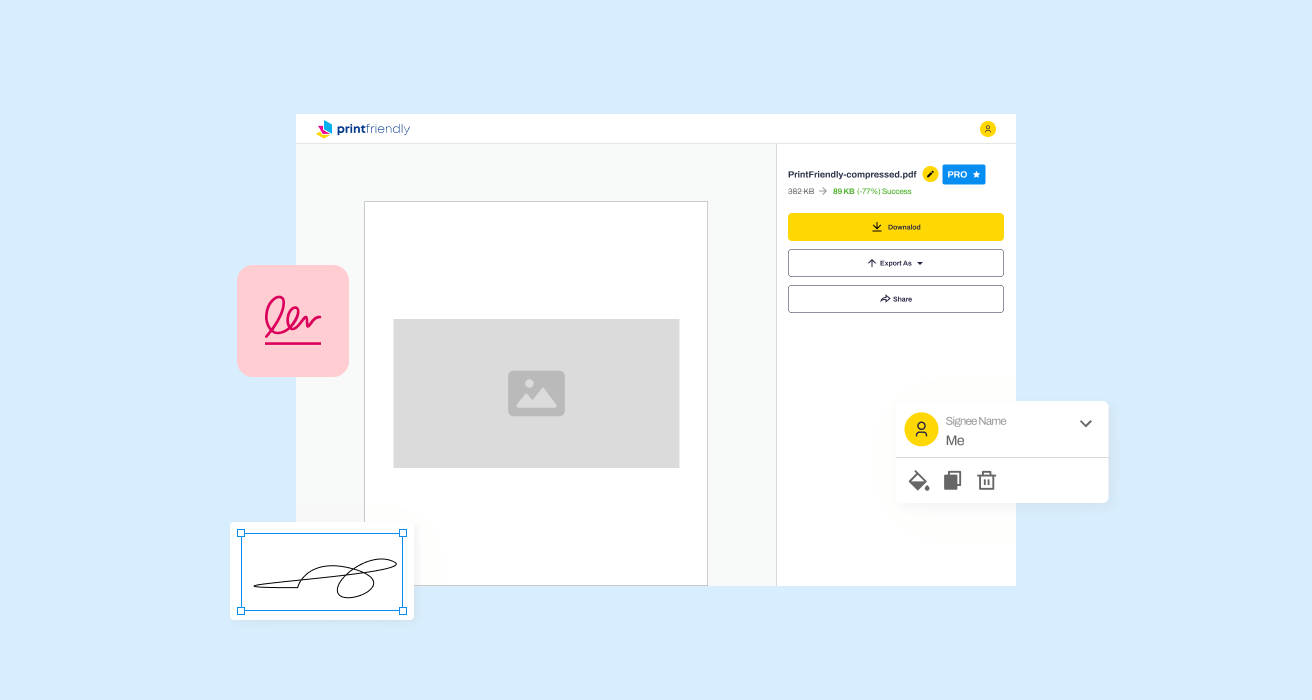
How to fill out the Understanding Chemical Bonding Formulas and Equations?
1
Read through the instructions regarding bond types and energy changes.
2
Review examples and complete the corresponding questions.
3
Create Lewis dot diagrams as required.
4
Double-check your responses for accuracy.
5
Submit the completed file through the provided channels.
Who needs the Understanding Chemical Bonding Formulas and Equations?
1
Chemistry students who need to learn about bonding principles.
2
Educators looking for teaching materials on chemical bonding.
3
Professionals in the chemistry field requiring reference information.
4
Researchers studying the effects of chemical bonds.
5
Anyone interested in enhancing their knowledge of chemical reactions.
How PrintFriendly Works
At PrintFriendly.com, you can edit, sign, share, and download the Understanding Chemical Bonding Formulas and Equations along with hundreds of thousands of other documents. Our platform helps you seamlessly edit PDFs and other documents online. You can edit our large library of pre-existing files and upload your own documents. Managing PDFs has never been easier.

Edit your Understanding Chemical Bonding Formulas and Equations online.
Editing this PDF is easy with PrintFriendly. You can annotate, add comments, and modify text directly in the document. Customize it to meet your specific learning or teaching needs.

Add your legally-binding signature.
Signing the PDF on PrintFriendly is a seamless experience. Once your changes are done, add your signature in the designated area. Save your signed document for official use right from the platform.
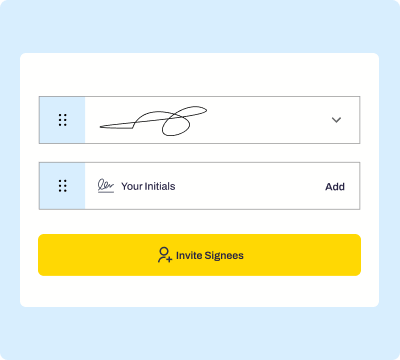
Share your form instantly.
Sharing the PDF is simple with PrintFriendly. After editing, you can generate a shareable link or download the document for distribution. Collaborate effortlessly with others by sharing your insights.
How do I edit the Understanding Chemical Bonding Formulas and Equations online?
Editing this PDF is easy with PrintFriendly. You can annotate, add comments, and modify text directly in the document. Customize it to meet your specific learning or teaching needs.
1
Open the PDF file in PrintFriendly's editor.
2
Make your desired text annotations and modifications.
3
Add visual elements or diagrams if necessary.
4
Review your changes for accuracy.
5
Download the edited document or share it directly.

What are the instructions for submitting this form?
To submit this form, fill in all required fields accurately based on your understanding of chemical bonding. Ensure diagrams are clear and properly labeled. Once completed, submit the file via email to chemistry@educationalresource.com or upload it through our designated online portal.
What are the important dates for this form in 2024 and 2025?
Currently, there are no specific dates associated with this form. However, general chemistry education timelines and academic calendar dates should be followed.

What is the purpose of this form?
This form serves to enhance understanding of chemical bonding concepts among students and professionals alike. It provides clear explanations of bonding types and associated energy changes. Users can refer to this document as an educational tool or a revision guide.
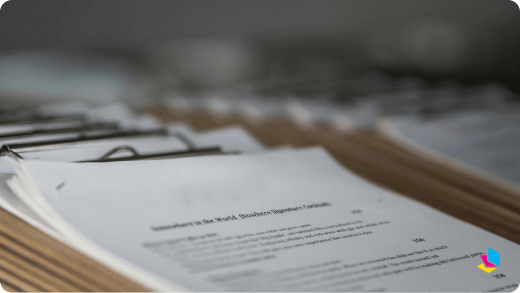
Tell me about this form and its components and fields line-by-line.

- 1. Name: Field for the user to input their name.
- 2. Bond Types: Section covering different bond examples and characteristics.
- 3. Energy Changes: Questions regarding energy release and absorption during bonding.
- 4. Lewis Dot Diagrams: Field for drawing or annotating diagrams.
What happens if I fail to submit this form?
If the form is not submitted correctly, users may lose their progress. Incomplete submissions could lead to misunderstandings in the bonding principles discussed. It's vital to check that all sections are filled out properly before submitting.
- Incomplete Responses: Users may not grasp key concepts if sections are left unanswered.
- Misunderstanding Bonding Principles: Failing to submit correctly could result in a lack of clarity on bonding mechanisms.
- Incorrect Lewis Dot Diagrams: Errors in diagrams could lead to misconceptions in electron sharing.
How do I know when to use this form?

- 1. Studying: Ideal for any student preparing for exams on chemical bonding.
- 2. Teaching Materials: Can be used by educators as supplementary teaching resources.
- 3. Research Reference: Useful for researchers needing foundational knowledge on chemical bonding.
Frequently Asked Questions
Can I edit the PDF directly on PrintFriendly?
Yes, you can edit the PDF directly through PrintFriendly's editing tools.
What types of changes can I make to the PDF?
You can modify text, annotate, and add comments to the PDF as needed.
Do I need an account to edit the PDF?
No, you can edit without needing to create an account.
Can I share the PDF after editing?
Yes, you have the option to share the PDF via a link or download it.
Is it possible to sign the document on PrintFriendly?
Absolutely, you can add your signature once you've edited the document.
How do I download the edited PDF?
After making your edits, simply click the download button to save the PDF.
Is there a limit to how many times I can edit?
No, you can edit the document as many times as necessary before downloading.
What if I need to make changes later?
You can always return to the PrintFriendly editor to make additional changes.
Can I print the edited PDF directly from the site?
Yes, you can print the PDF directly after editing.
What formats can I save the PDF in?
You can save the edited PDF in standard PDF format.
Related Documents - Chemical Bonding Guide
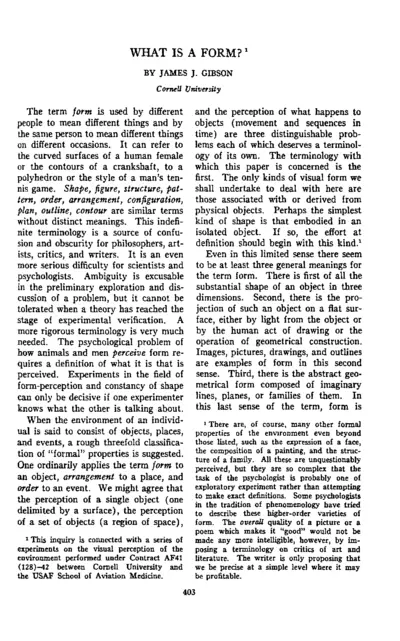
Understanding Form and Form-Perception by James J. Gibson
This document explores various definitions and theories of form, emphasizing the need for precise terminology. It delves into experiments related to the visual perception of form, distinguishing between solid and surface forms. The text critiques traditional views and presents new perspectives on form-perception.
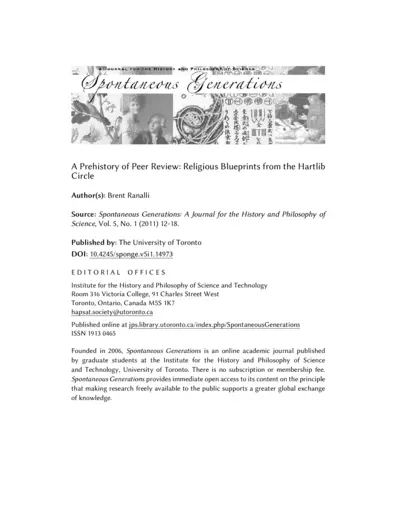
Prehistory of Peer Review: Religious Blueprints
This file explores the origins and development of peer review in science, tracing its roots to religious scholars in the Hartlib circle. It discusses the influence of the Royal Society of London and other early scientific organizations. The content is based on extensive historical research and analysis.
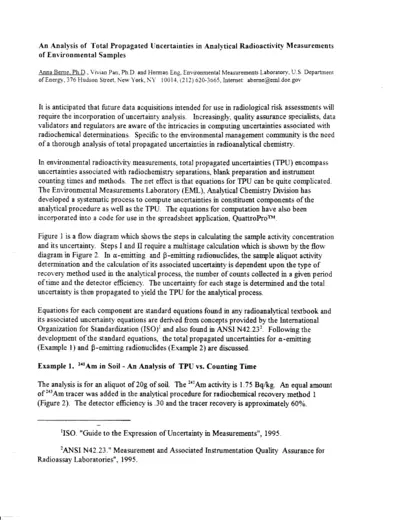
Analysis of Uncertainties in Radioactivity Measurements
This document discusses the uncertainties in analytical radioactivity measurements of environmental samples. It includes detailed equations and methods for calculating total propagated uncertainties. Useful for quality assurance specialists, data validators, and radiochemical analysts.
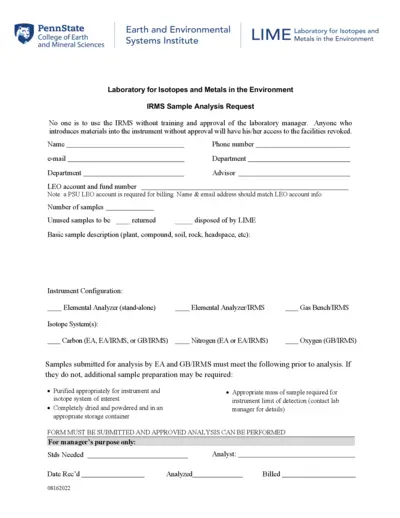
IRMS Sample Analysis Request Form Guidelines
This file contains instructions and details about the IRMS Sample Analysis Request Form. It is used to request sample analysis in the Laboratory for Isotopes and Metals in the Environment. Ensure you have the required approvals before using the IRMS.
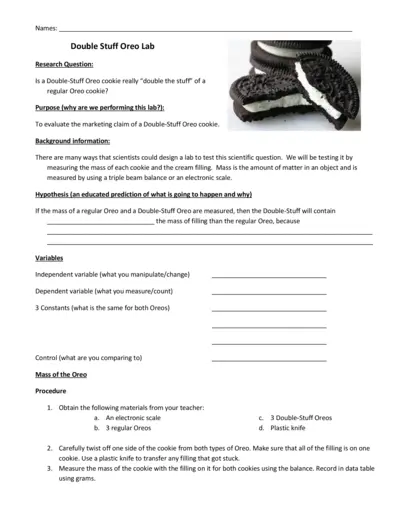
Double Stuff Oreo Cookie Science Experiment
This file contains details and instructions for conducting a science experiment to evaluate the marketing claim of Double-Stuff Oreo cookies. Users will measure the mass of regular and Double-Stuff Oreo cookies along with their fillings. It guides users through the process of data collection, calculation, and analysis using the scientific method.
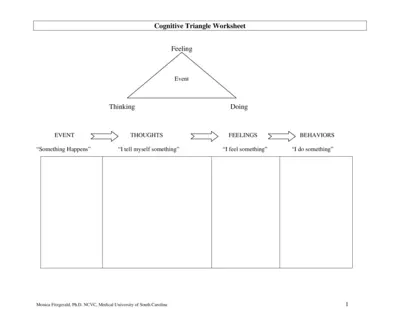
Cognitive Triangle Worksheet Instructions and Details
This file provides an overview and detailed instructions on how to use the Cognitive Triangle Worksheet. It helps users understand the relationship between their thoughts, feelings, and behaviors. Perfect for those interested in cognitive-behavioral strategies.

Engaging Doctor Pretend Play Printables for Kids
Transform playtime with free doctor pretend play printables designed for kids. These fun tools foster creativity and learning through imaginative play. Perfect for children from toddlers to first graders.
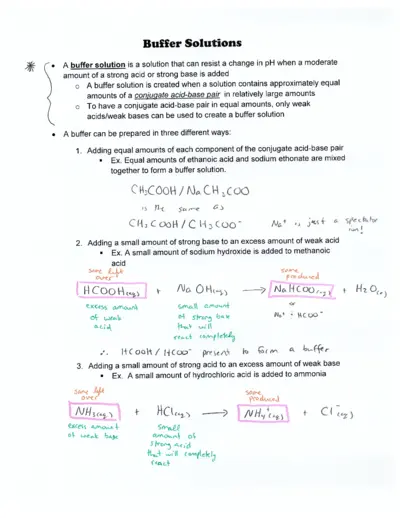
Buffer Solutions: Understanding Their Functionality
This file provides comprehensive insights into buffer solutions, including their preparation and pH resistance mechanisms. Ideal for chemistry students and professionals seeking to understand buffer systems. Practice problems included for hands-on learning.
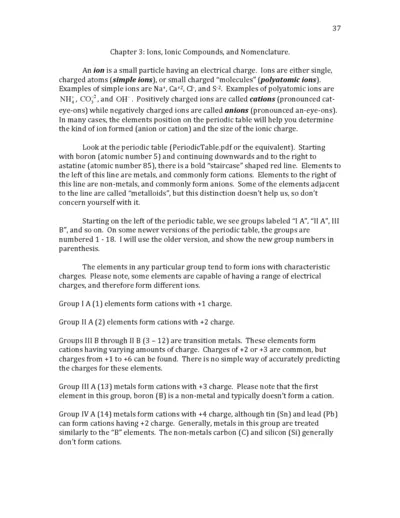
Ions and Ionic Compounds: Understanding Nomenclature
This file provides a comprehensive overview of ions, including their types, charges, and nomenclature rules. It covers essential details such as simple and polyatomic ions, and how to name them correctly. Perfect for students and professionals looking to deepen their understanding of ionic compounds.
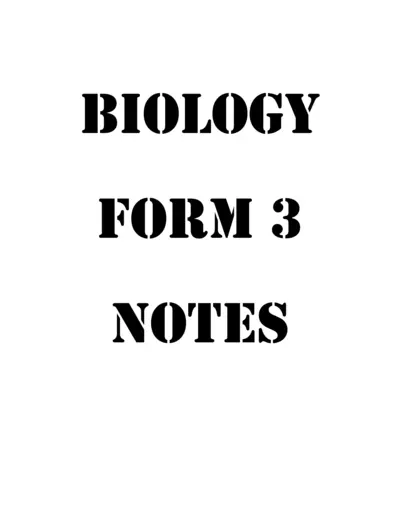
Biology Form 3 Notes and Instructions
This file contains detailed biology notes for Form 3 students. It covers essential topics such as organism classification and characteristics of various kingdoms. Perfect for studying and exam preparation.
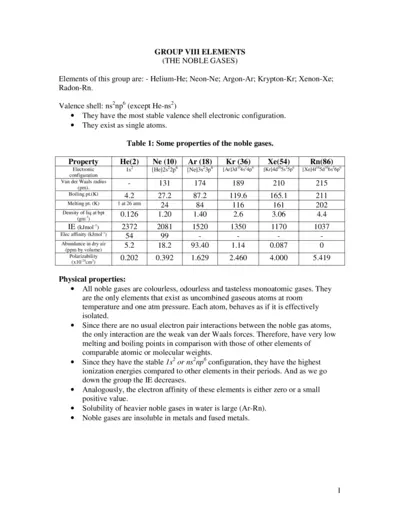
Noble Gases Properties and Chemical Behavior
This document provides a comprehensive overview of the noble gases, their properties, and chemical behaviors. It includes information on individual gases, their electronic configurations, and compound formations. Ideal for students and professionals in chemistry.
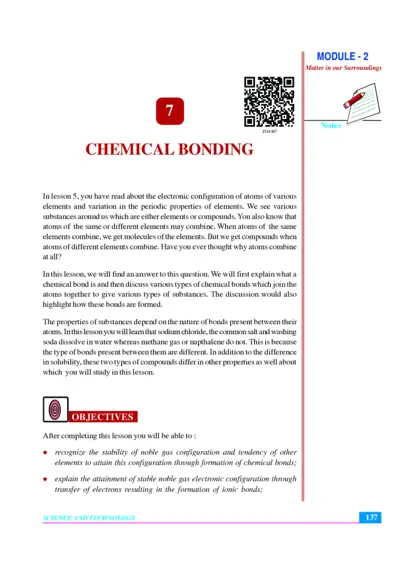
Chemical Bonding and Matter in Our Surroundings
This file provides detailed insights into chemical bonding, including ionic and covalent bonds. It covers the principles of matter in our surroundings and the electronic configurations of elements. Ideal for students and educators in chemistry to enhance their understanding.